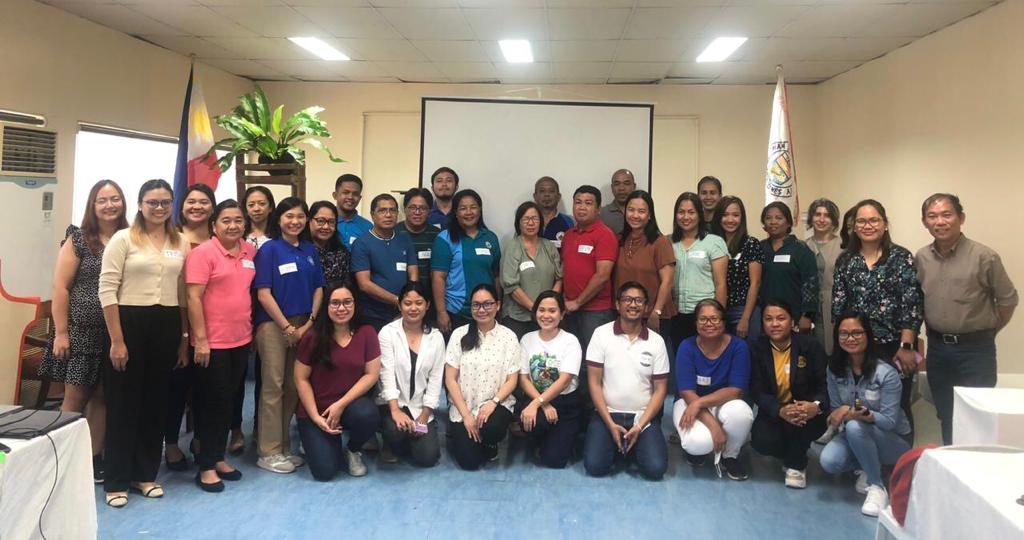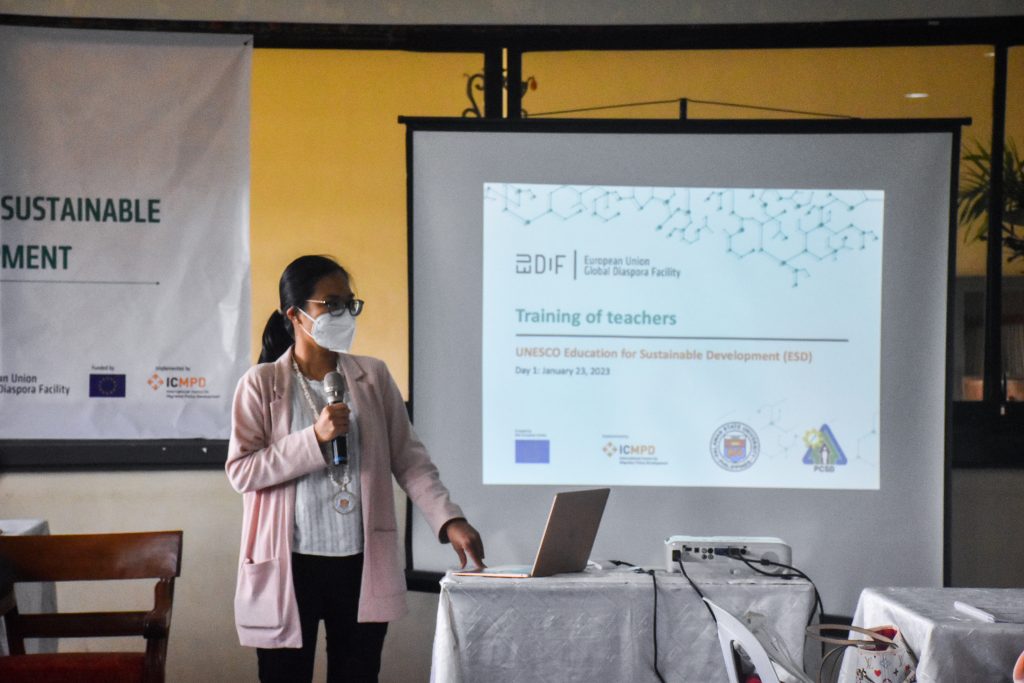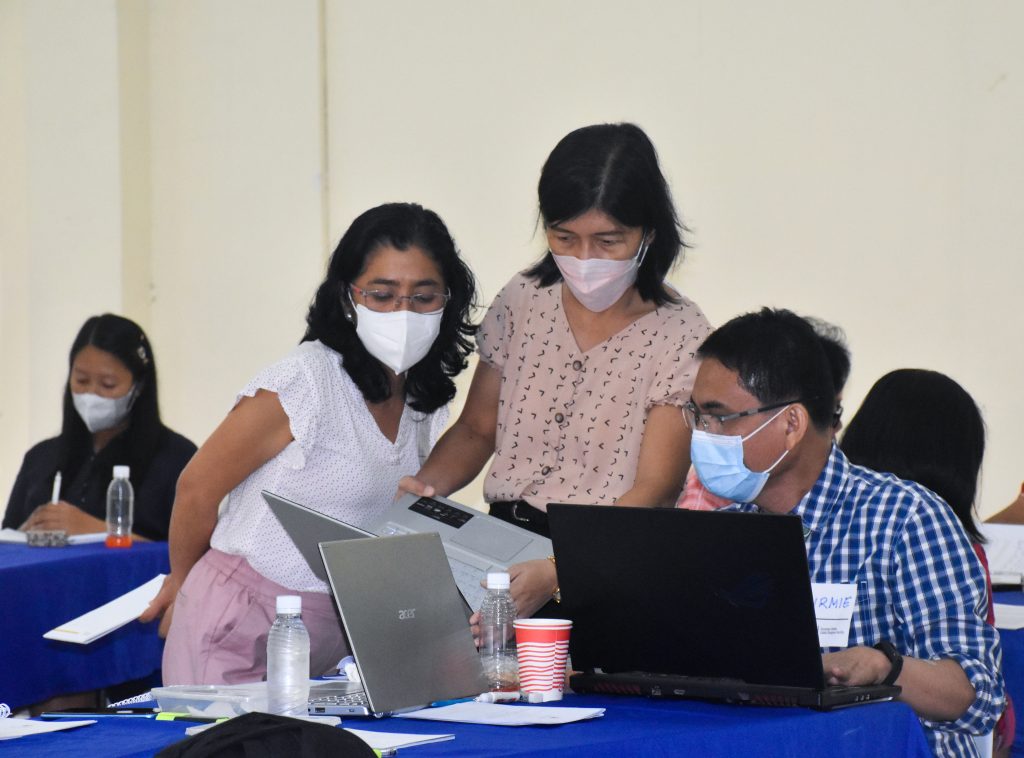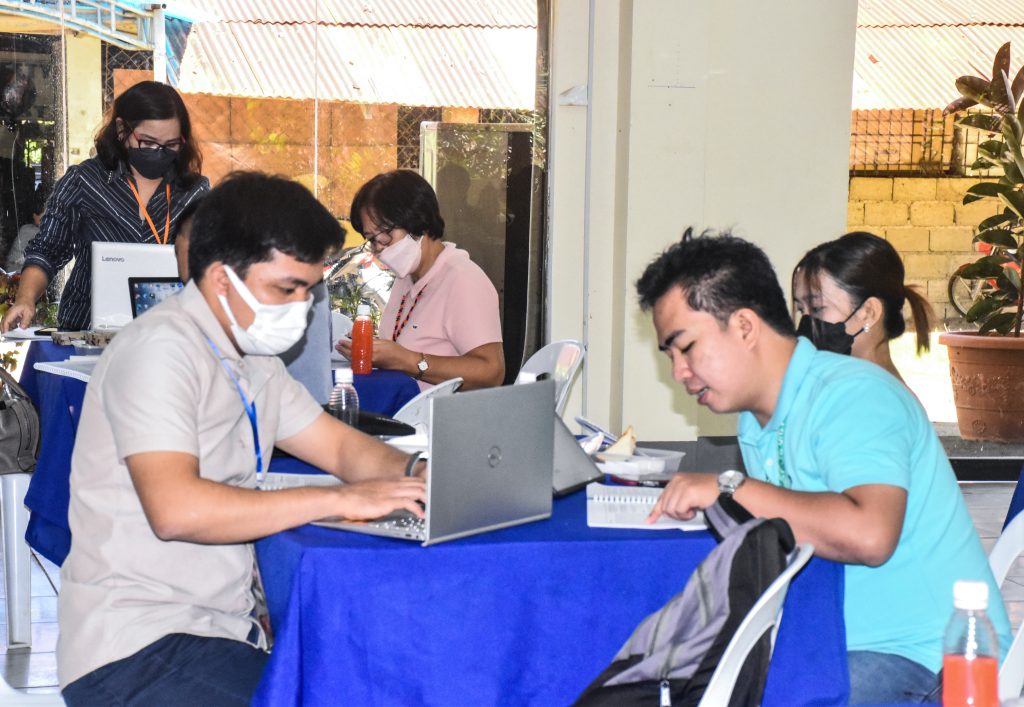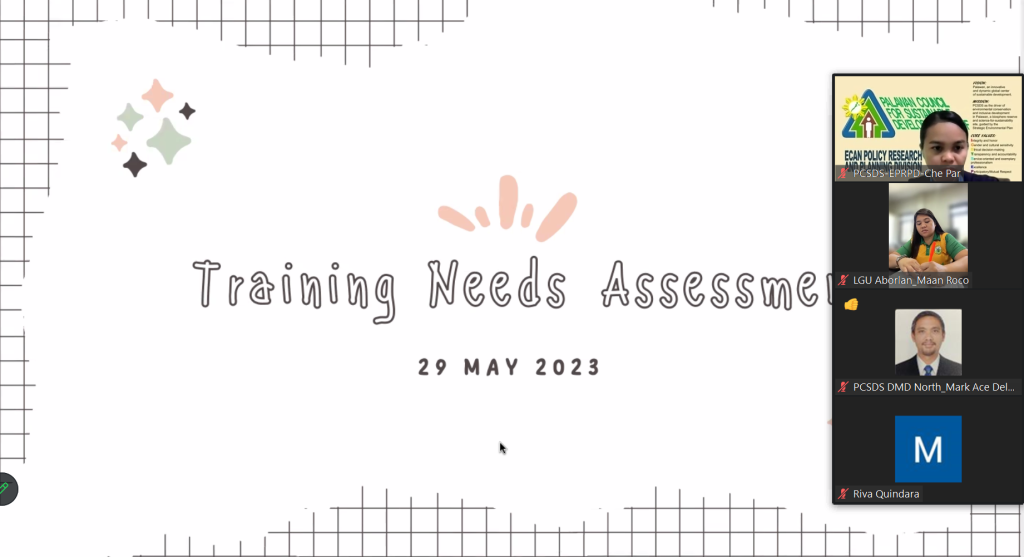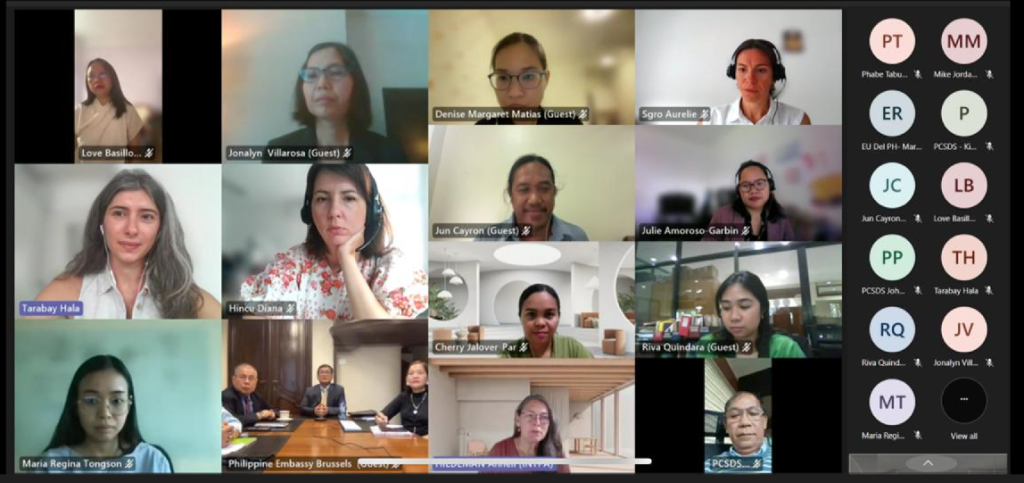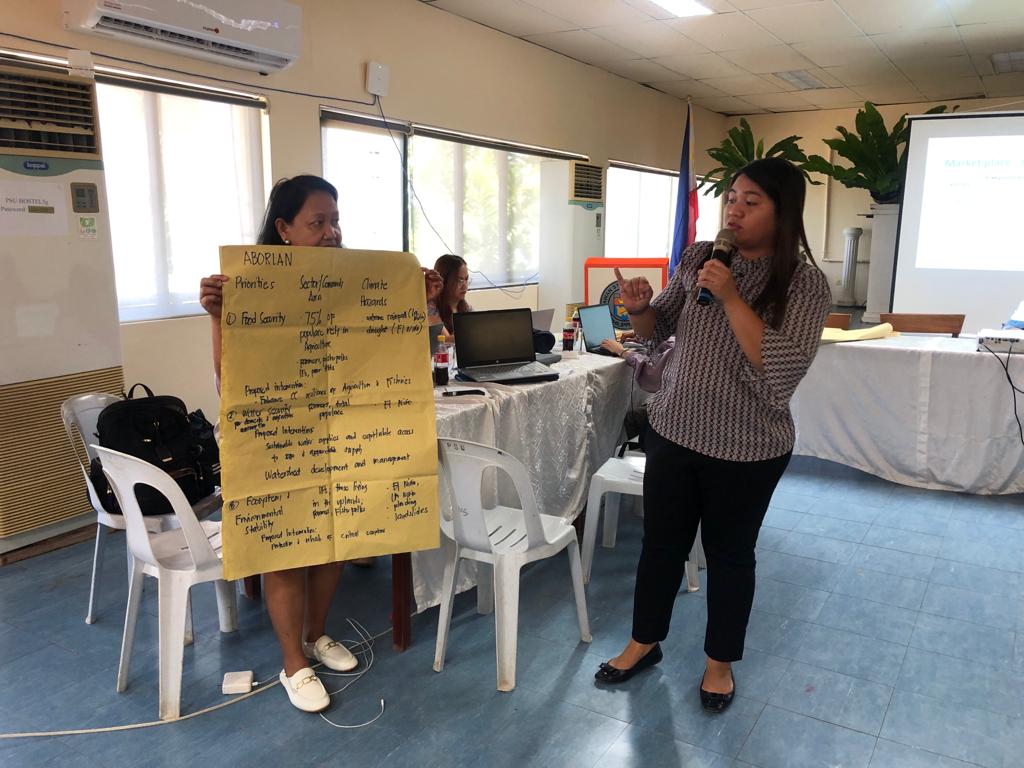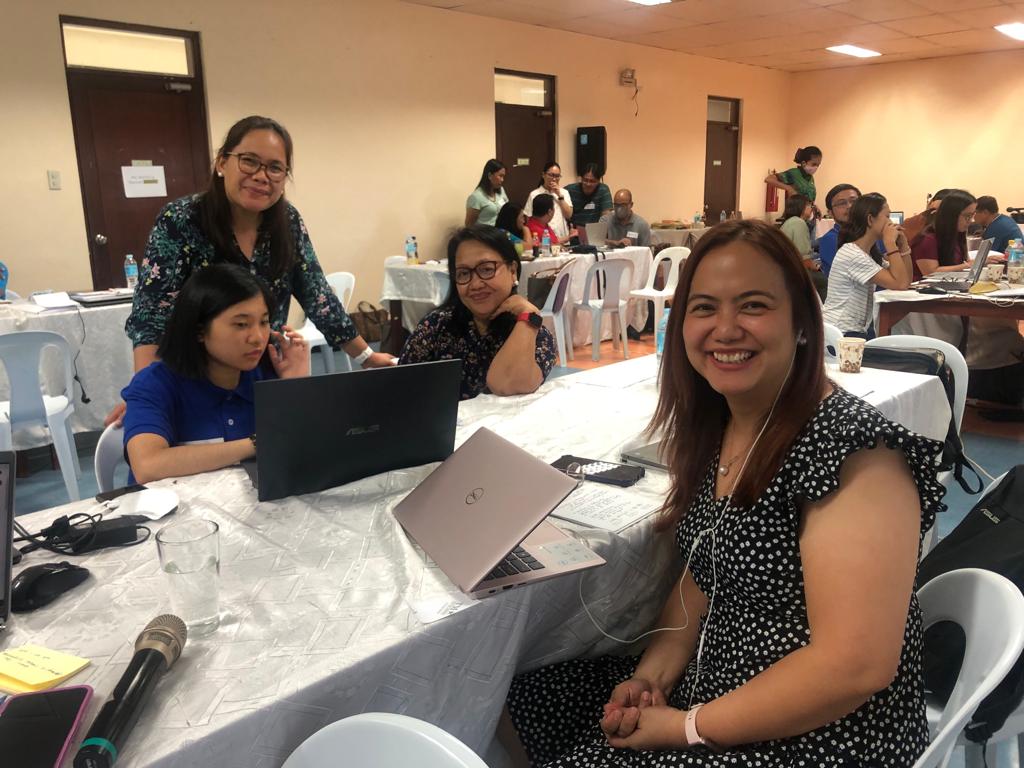
Knowledge transfer on environmental sustainability and climate adaptation from the Filipino diaspora
Composed of around 7,640 islands, the Philippines is one of the world’s 17 mega-biodiverse countries. It is home to three UNESCO-designated biosphere reserves serving as protected ecological sites to develop conservation and sustainability approaches. One of these is located in Palawan, a province enjoying diverse ecosystems, two world heritage sites, and many endemic species spread out across its 1,700 islands and islets.
Much like the rest of the country, Palawan has suffered environmental degradation over the years. It is faced with different threats such as population growth and resource overexploitation, the impacts of which are further fueled by increasingly catastrophic natural calamities such as super typhoon Rai in December 2021.
To support Palawan in reaching its green objectives, EUDiF and the Palawan Council for Sustainable Development Staff (PCSDS) are working together on developing the capacities of the local community in the areas of education and climate finance.
With a long history of emigration, including significant highly-skilled migration outflows, this action taps into the Filipino diaspora’s human capital and expertise to meet local development needs.

In partnership with
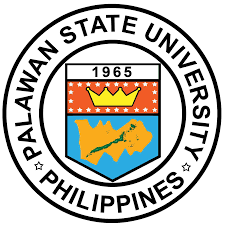
Programme of activities
In partnership with Palawan State University (PSU), we modernised higher education curricula on Education for Sustainable Development (ESD) as university curricula in the province had not yet integrated an interdisciplinary ESD approach, one that is strongly recommended by both UNESCO and the Philippine Commission on Higher Education.
In parallel, we equipped the staff of PCSDS and local government units (LGUs) of Palawan with the knowledge on how to access local and foreign climate grants. Enhancing capacities in this area can lead to implementing climate adaptation projects tailored to the specific needs and priorities of their communities.
A survey and key informant interviews determined the objectives and capacities of PCSDS, PSU and other stakeholders to deliver a curriculum on ESD. More than 800 responses were collected.
Based on the existing local curriculum and international guidelines, the diaspora expert Denise Matias developed a new curriculum for PSU to adopt. It is centered on multinational and local environmental agreements and laws, local environmental issues and solutions.
Over 20 teachers joined the training of teachers took place in Puerto Princesa at PSU, learning how to deliver the curriculum to students in the coming years.
Taking a student-centered approach, the expert runs a 5-day pilot of the training with 25 students, assisted by trained teachers who will deliver some of the training topics along her side.
EUDiF and the diaspora professional ensured the curriculum meets PSU's requirements for endorsement.
Investigation of the current objectives and capacities of LGUs and PCSDS.
The diaspora expert developed training materials for in-person and online sessions. She also prepared a list of resource persons to support LGU officials to access climate adaptation networks.
More than 40 LGU representatives participated in training sessions and practice applying to climate adaptation grants.
To reinforce the capacities of LGUs and PCSDS to implement climate change adaptation projects after, EUDiF organises a project cycle management training. Diaspora expert Lovelaine Basillote conducted a survey and a focus group discussion to better understand the needs of participants.
The material covers different aspects of project management (e.g., including a basic overview of the principles and concepts, typical planning biases, and tools/software for project implementation). The training programme also included hands-on exercises that built on the previous outputs of the action to promote continuity of learning from previous activities.
The training programme was delivered online to 16 members of PCSDS and LGU staff over a 5-day period. The training programme was designed to be interactive despite the online format.
